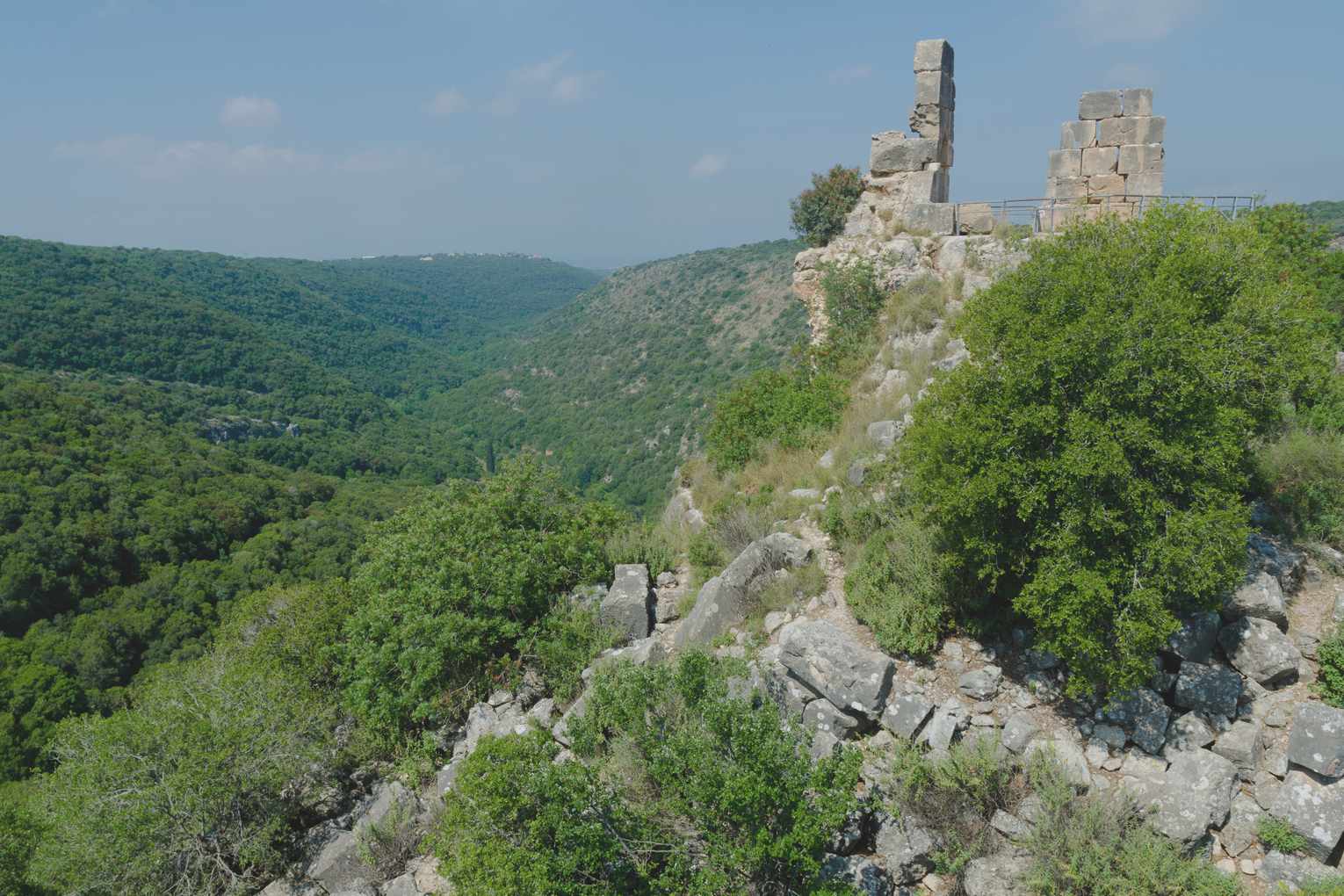
The story of Achan’s sin in Joshua 7 may be troubling to casual Bible readers. It’s the kind of story used as evidence by those who wish to believe the God of the Old Testament was all wrath and judgment, while the God of the New Testament is love and forgiveness. But we understand that the One who cut his covenant with the people of Israel is the One who raised our Savior from the dead. He is the unchanging, holy, and eternal God of heaven and earth.
So shouldn’t Achan have received some grace?
In Joshua 7, the Lord’s historian writes about the Israelites’ second attack on the cities within the Promised Land. Joshua sends a brigade of warriors to destroy Ai, and they are rebuffed. Thirty-six men die as they flee before the enemies they had believed to be already conquered. Israel’s morale drains away.
Joshua cries out to the Lord, sounding a lot like his brothers back in the wilderness, “why did You ever bring these people across the Jordan to hand us over to the Amorites for our destruction?” (7:7 HCSB).
The Lord replies very boldly, telling him to get up and recognize the sin at work among his people. “Israel has sinned,” the Lord explains. “They have violated My covenant that I appointed for them. They have taken some of what was set apart” (7:11).
When they attacked Jericho, the Israelites were told to destroy everything, except Rehab and her household. “But keep yourselves from the things set apart, or you will be set apart for destruction. If you take any of those things, you will set apart the camp of Israel for destruction and bring disaster on it” (6:18).
Now, the Lord tells Joshua to tell all the people to get ready for judgment in the morning. They cast lots, determine that Achan is the one who has sinned, and confront him about it. He confesses to everything. And the entire community stones him.
You may not be able to see it in this summary account, but what we have in the story of Achan parallels the fall in the Garden.
1. The Israelites have been given a blessed land for their rest (1:13).
2. They are to take dominion over this land (3:10).
3. God gives them one, clear restriction, which is to take nothing for themselves (6:18–19).
4. The penalty for this sin is death and losing the fellowship of God (7:12).
5. Achan does not come forward when the sin is announced to everyone. He hides himself.
6. When he is brought out, he confesses his sin in a way similar to Eve’s confession. He saw the forbidden things, coveted them, and took them (7:21).
7. Achan is executed.
Achan’s sin is not handled as the act of an individual. His sin brought on the death of thirty-six other men. They weren’t co-conspirators in a Jericho temple heist. They were innocent, but just as the sin of our first parents brought the curse into the whole world, so the sin of one Israelite soldier “set apart the camp of Israel for destruction and [brought] disaster on it.” And Israel raises a pile of stones over Achan’s body as a memorial to the sin that stains all of us.
Thinking of this as an historic account, we might speculate that if Achan had not hidden himself but come forward as soon as Joshua announced the situation, he would have been forgiven, but I don’t think that’s the point of this account. The point it is to remind us of the Fall. Death is in the world now because of a sin just like Achan’s. We might say it’s completely unfair for several soldiers to die for one man’s sin, but “just as sin entered the world through one man, and death through sin, in this way death spread to all men, because all sinned.” We’re in this together.
Spurgeon, preaching on indwelling sin, described how it hinders everything a righteous person tries to do:
“You have felt, when you would do good, that evil was present with you. Just like the chariot, which might go swiftly down the hill, you have had a clog put upon your wheels; or, like the bird that would mount towards heaven, you have found your sins, like the wires of a cage, preventing your soaring towards the Most High. You have bent your knee in prayer, but corruption has distracted your thoughts. You have attempted to sing, but you have felt ‘hosannah’s languish on your tongue.’”1
We can’t hide from this. If we will look back at the pile of stones in the Valley of Achor, we will recognize that we have also seen forbidden things, coveted them, and taken them for ourselves. The repercussions of sin can’t be avoided by verbal forgiveness. Like our first parents, we have sinned, so we will die.
So where’s the grace?
It’s in the garden. If the ancient Israelites who read and taught this history recognized the Garden parallels, they would have also remembered the Garden promise, that one day a man would be born who would crush the serpent’s head. One day, death’s reign would end by a man who would surrender to the grave in order to break it open from the inside.
Until that day, Joshua urges his people to live in hope.
—
1. Charles Spurgeon. “Indwelling Sin.” June 1, 1856. https://www.spurgeon.org/sermons/0083.htm

